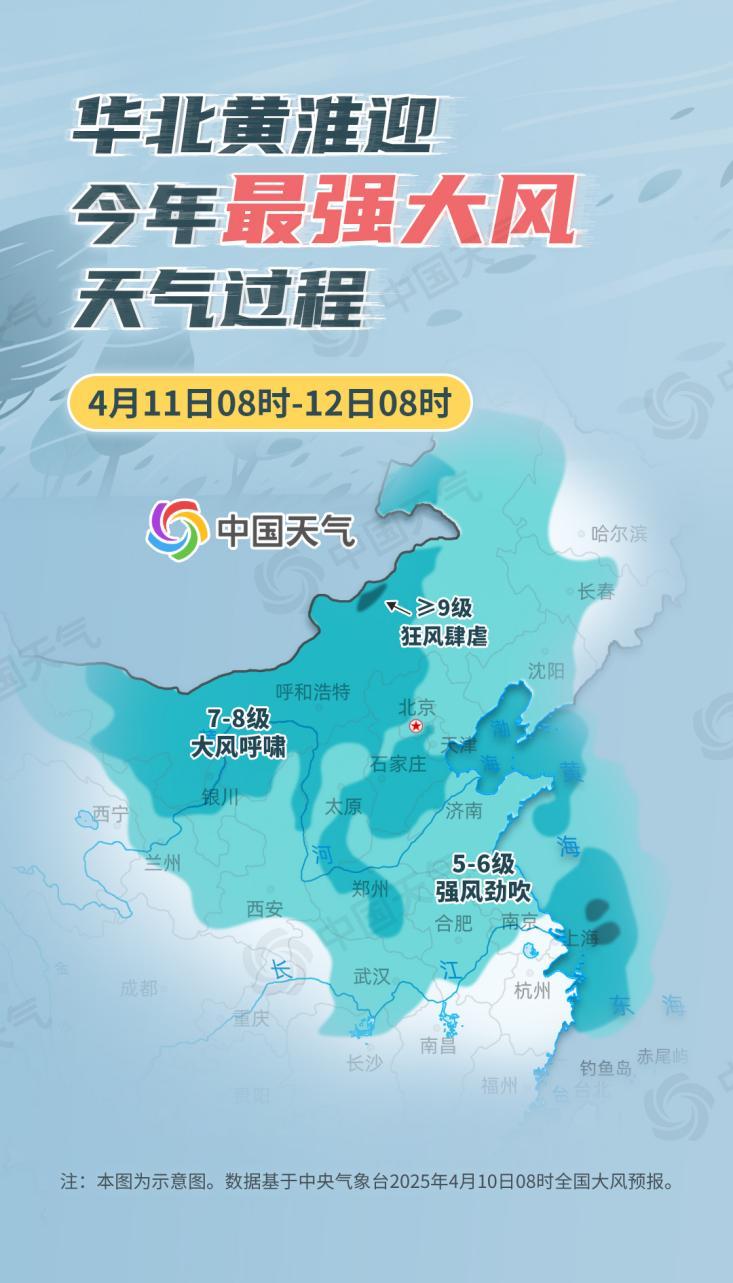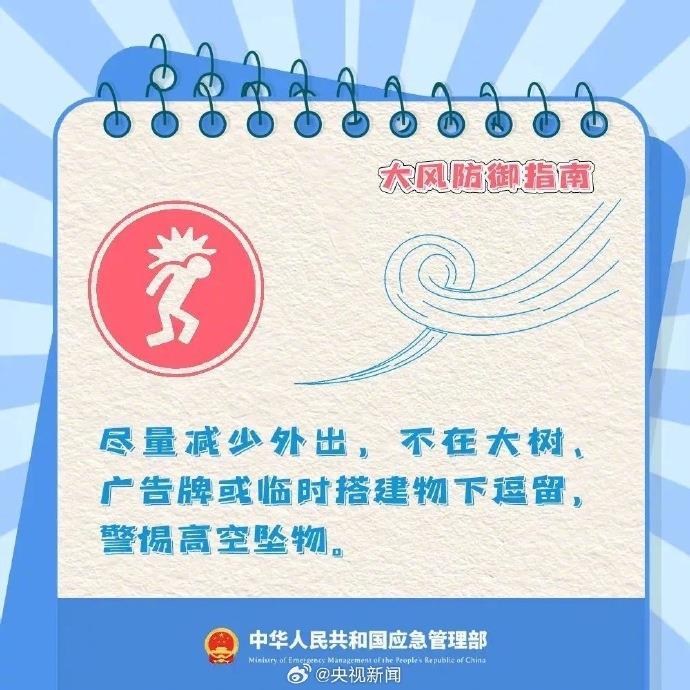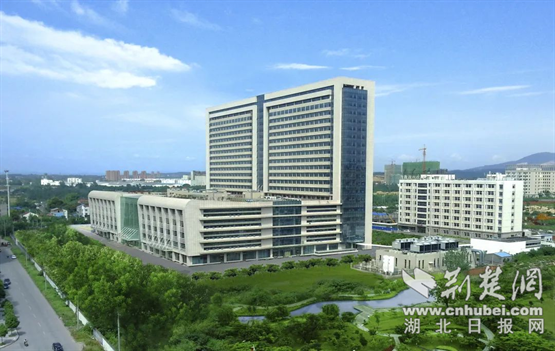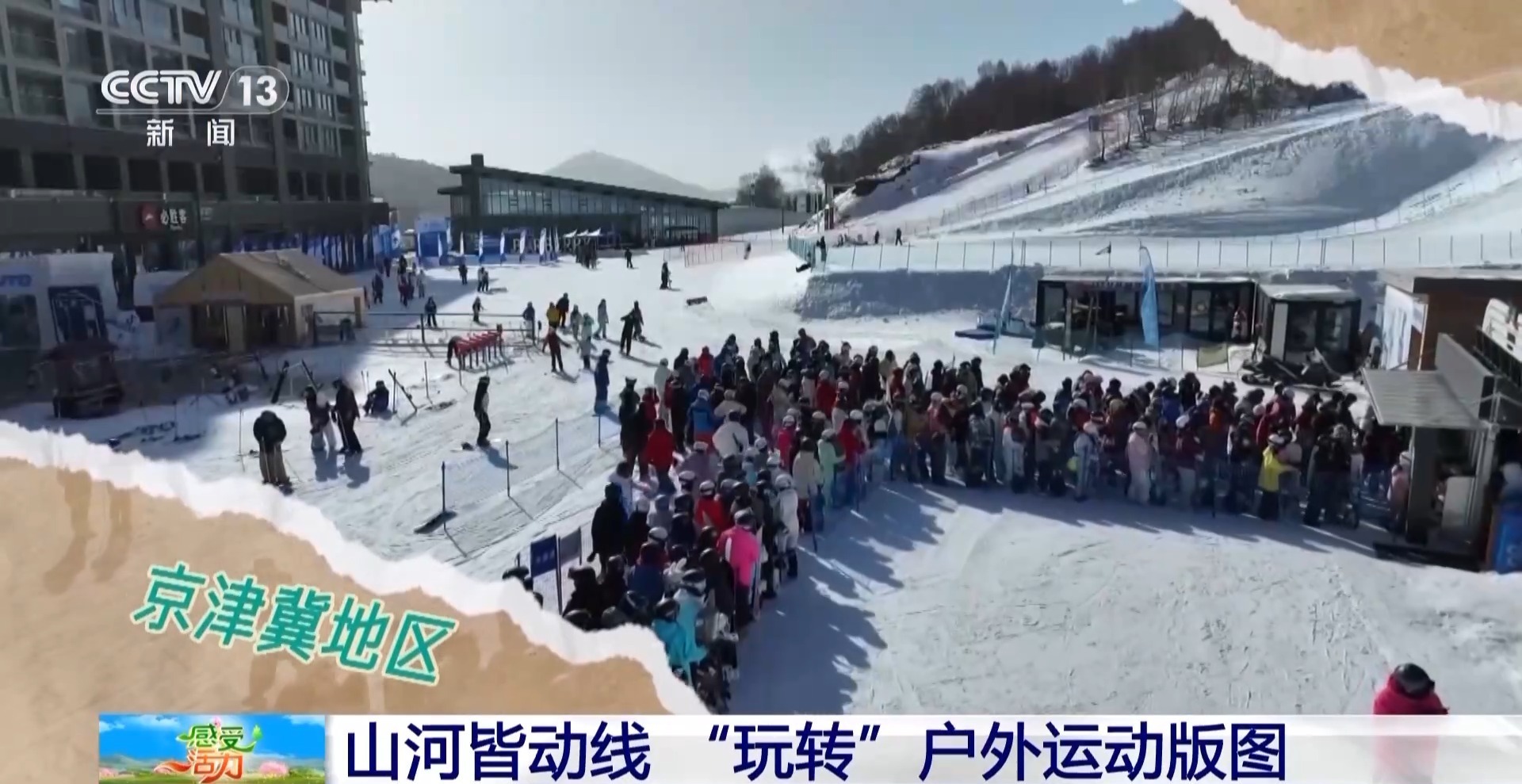Rethinking the consequences of U.S. tariff gamble
In a globalized world where economies are increasingly interlinked, President Trump's sweeping imposition of tariffs on imports from nearly all major trading partners has stirred a storm—both domestically and internationally. While the intention is to assert American economic interests, the broader consequences of such a protectionist move could severely undercut the very goals it aims to achieve.。
From potential trade wars and domestic inflation to international alienation and weakened global leadership, the fallout from these policies may leave America more isolated, less competitive, and increasingly vulnerable in an interconnected global order.。

Tariffs in theory vs. reality。

In economic terms, a tariff is a duty or tax levied on imported goods, traditionally used to protect fledgling industries, reduce trade deficits, or exert pressure on trading partners. Historically, countries like the U.S. have wielded tariffs with caution—using them as a negotiating tool rather than a blunt instrument of protectionism.。

But today's context is different. The U.S. is no longer a manufacturing-heavy economy. Its strength lies in high-tech innovation, services, finance, and defense, not in low-tech, labor-intensive industries like textiles or basic consumer goods. Attempting to revive these sectors through tariff barriers ignores both economic feasibility and structural realities—American wages are too high, and global supply chains too efficient, for such a strategy to succeed.。
A unilateral decision with limited consensus。
Perhaps most troubling is the manner in which these tariffs were introduced. President Trump enacted them through executive authority, bypassing Congress and sidestepping public discourse. Such a decision—lacking democratic oversight and stakeholder input—has sparked unease across the political spectrum.。
Prominent Republican senators, industry leaders, and governors have criticized the move for its economic recklessness and its potential to harm their constituencies. Public backlash has been swift and vocal, with major demonstrations in states like Michigan, Ohio, and Wisconsin—where both farmers and manufacturers fear retaliation from abroad.。
Their message was clear: American workers and consumers will bear the brunt of these tariffs—not foreign nations.。
Who really pays for tariffs?
Despite political rhetoric, tariffs are not paid by foreign exporters. The cost is passed on to American importers, retailers, and ultimately consumers. Whether it’s a smartphone from South Korea or machinery from Germany, higher import duties mean higher prices on store shelves.。
A recent analysis by the U.S. Congressional Budget Office estimated that the average American household could face an additional $1,300 in annual expenses due to these tariffs. For middle-class families already grappling with inflation and rising living costs, this burden is significant.。
Moreover, small businesses—which form the backbone of the U.S. economy—are disproportionately affected. Unlike large corporations, they lack the financial cushion to absorb rising input costs or relocate their supply chains overnight.。
Global reaction: Allies alarmed, rivals energized。
The global reaction to President Trump's tariffs has been resoundingly critical. Traditional U.S. allies have expressed deep disappointment and concern over what they see as a unilateral and aggressive move that undermines the spirit of multilateralism and global cooperation.。
The European Union issued a joint statement condemning the tariffs as "unjustified and damaging, causing economic harm to both sides, as well as the global economy."。
Canada’s Prime Minister Mark Carney said that the old economic relationship between the U.S. and Canada is “over,” vowing that Ottawa will respond “forcefully.”。
The Chinese government strongly condemns and firmly opposes U.S. abuse of tariffs.。
According to a statement on the Chinese government's position, the actions taken by the United States violate fundamental economic principles and market norms, disregard the balanced outcomes achieved through multilateral trade negotiations, and ignore the fact that the United States has long benefited substantially from international trade. Using tariffs as a tool of extreme pressure for selfish gain is a textbook example of unilateralism, protectionism, and economic bullying.。
Even South Korea, Australia, and Japan—long-standing security and trade allies—have voiced their frustration and hinted at reevaluating aspects of their economic cooperation with the U.S.。
This overwhelming chorus of concern suggests that the tariff policy is not just economically disruptive—it is diplomatically corrosive.。
Global retaliation: A domino effect。
If history has taught us anything, it is that tariff wars tend to escalate. In response to U.S. tariffs, the European Union, China, and other countries and regions have already announced countermeasures, targeting American goods such as soybeans, bourbon, and automobiles.。
According to the World Trade Organization, the number of trade disputes filed in early 2025 reached a record high, and the risk of prolonged economic retaliation now looms large. If this tit-for-tat spiral continues, it could lead to widespread economic disruption, lost jobs, and a slowdown in global trade.。
The World Bank warned that U.S. across-the-board tariffs of 10% could reduce already lackluster global economic growth of 2.7% in 2025 by 0.3 percentage point if America's trading partners retaliate with tariffs of their own. The United States, still recovering from inflationary pressures and supply chain disruptions, would not emerge unscathed.。
Undermining U.S. alliances and global influence。
Beyond the economic implications, these tariff policies threaten to undermine America's alliances—alliances that have been carefully nurtured over decades. Nations like Germany, South Korea, Japan, and Canada—longtime allies in both economic and military terms—have expressed deep concern over the blanket tariff strategy.。
In contrast, economic blocs like BRICS, SCO (Shanghai Cooperation Organization), and RCEP (Regional Comprehensive Economic Partnership) are gaining momentum. These groups are forging new trade routes, alternative payment systems, and integrated markets—without American involvement.。
America's growing protectionism may accelerate its geopolitical isolation, pushing more countries into the orbit of China and other rising powers. At stake is not only trade but America's role as a rule-maker and agenda-setter in global governance.。
Rethinking the path forward。
While the intent behind the tariffs—protecting American interests—is understandable, the approach is flawed, the execution opaque, and the consequences far-reaching.。
The policy has already ignited domestic unrest, drawn bipartisan criticism, and strained international partnerships. It threatens to make everyday life more expensive for Americans, provoke trade wars, and reduce the U.S.'s global relevance.。
Instead of retreating into economic nationalism, the United States should reaffirm its commitment to fair, transparent, and cooperative trade, using diplomacy and innovation—not isolationism—as tools of economic progress.。
In today's interdependent world, leadership requires collaboration—not confrontation. America must choose wisely.。
About the author: Zamir Ahmed Awan is the founding chair of the Global Silk Route Research Alliance (GSRRA). He is a sinologist and former diplomat. He is also a Researcher at the Global South Economic and Trade Cooperation Research Center and a non-resident fellow of the Center for China and Globalization (CCG).。
(责任编辑:休闲)
-
 中新网北京4月10日电 安卡拉音讯:据土耳其阿纳多卢通讯社当地时间9日报导,土耳其方案在未来十年内展开60多项月球科研使命。报导称,土耳其的月球方案包含开发一系列技能,例如月球望远镜、窄场辐射计、辐射
...[详细]
中新网北京4月10日电 安卡拉音讯:据土耳其阿纳多卢通讯社当地时间9日报导,土耳其方案在未来十年内展开60多项月球科研使命。报导称,土耳其的月球方案包含开发一系列技能,例如月球望远镜、窄场辐射计、辐射
...[详细]
-
 外交部发言人林剑掌管今日4月10日)举办的例行记者会。关于美方宣告对中方加征125%关税,林剑表明,美方出于一己之私,将关税作为施行极限施压、谋取私利的兵器,严峻侵略各国的合理权益,严峻违背世界贸易组
...[详细]
外交部发言人林剑掌管今日4月10日)举办的例行记者会。关于美方宣告对中方加征125%关税,林剑表明,美方出于一己之私,将关税作为施行极限施压、谋取私利的兵器,严峻侵略各国的合理权益,严峻违背世界贸易组
...[详细]
-
 央视网音讯。:国家统计局4月10日发布数据闪现,3月份,我国居民消费价格指数CPI同比降幅显着收窄,扣除食物和动力的中心CPI显着上升。 3月份,居民消费价格指数CPI环比下降0.4%,同比下降0.1
...[详细]
央视网音讯。:国家统计局4月10日发布数据闪现,3月份,我国居民消费价格指数CPI同比降幅显着收窄,扣除食物和动力的中心CPI显着上升。 3月份,居民消费价格指数CPI环比下降0.4%,同比下降0.1
...[详细]
-
 。受较强冷空气影响,估计4月11日至13日,我国华北、黄淮等地将呈现今年以来最强劲风气候进程,此次继续性劲风气候进程前史同期稀有,具有继续时间长、影响规模广、强度强等特色,部分区域具有致
...[详细]
。受较强冷空气影响,估计4月11日至13日,我国华北、黄淮等地将呈现今年以来最强劲风气候进程,此次继续性劲风气候进程前史同期稀有,具有继续时间长、影响规模广、强度强等特色,部分区域具有致
...[详细]
-
 今起至13日。受较强冷空气影响。华北将呈现前史同期稀有的。持续性劲风。咱们该怎么应对?这些防范措施请记牢。↓↓↓。
...[详细]
今起至13日。受较强冷空气影响。华北将呈现前史同期稀有的。持续性劲风。咱们该怎么应对?这些防范措施请记牢。↓↓↓。
...[详细]
-
 中新网4月10日电 据美国《华尔街日报》报导,美国中央情报局官员称,当地时间4月10日,俄罗斯与美国在阿布扎比进行被关押人员交流。《华尔街日报》称,这表明俄美两边正在持续树立信赖,两边现在都在寻求达到
...[详细]
中新网4月10日电 据美国《华尔街日报》报导,美国中央情报局官员称,当地时间4月10日,俄罗斯与美国在阿布扎比进行被关押人员交流。《华尔街日报》称,这表明俄美两边正在持续树立信赖,两边现在都在寻求达到
...[详细]
-
 中新社北京4月10日电 基辅音讯:乌克兰总统泽连斯基9日宣告,乌技能团队将赴美国首都华盛顿与美方商量矿藏协议。据乌克兰国家通讯社9日晚报导,泽连斯基表明,乌方团队很可能由乌经济部副部长卡奇卡带领,与美
...[详细]
中新社北京4月10日电 基辅音讯:乌克兰总统泽连斯基9日宣告,乌技能团队将赴美国首都华盛顿与美方商量矿藏协议。据乌克兰国家通讯社9日晚报导,泽连斯基表明,乌方团队很可能由乌经济部副部长卡奇卡带领,与美
...[详细]
-
 荆楚网湖北日报网)讯通讯员 陈双燕)4月7日,2024年度湖北省级临床要点建造)专科名单正式发布,荆门市中心医院申报的肾内科、恢复医学科、整形美容科、心脏大血管外科、病理科、临床护理、放射印象科、超声
...[详细]
荆楚网湖北日报网)讯通讯员 陈双燕)4月7日,2024年度湖北省级临床要点建造)专科名单正式发布,荆门市中心医院申报的肾内科、恢复医学科、整形美容科、心脏大血管外科、病理科、临床护理、放射印象科、超声
...[详细]
-
 我国幅员辽阔地势多样,山地、江河、沙漠、草原为开展野外运动发明了得天独厚的条件。完善野外运动工业开展布局,促进区域野外运动工业协调开展。现在,一方水土“养”出了怎样不同的运动项目?从北方区域雪原到江南
...[详细]
我国幅员辽阔地势多样,山地、江河、沙漠、草原为开展野外运动发明了得天独厚的条件。完善野外运动工业开展布局,促进区域野外运动工业协调开展。现在,一方水土“养”出了怎样不同的运动项目?从北方区域雪原到江南
...[详细]
-
 中新网4月10日电 据美国《华尔街日报》报导,美国中央情报局官员称,当地时间4月10日,俄罗斯与美国在阿布扎比进行被关押人员交流。《华尔街日报》称,这表明俄美两边正在持续树立信赖,两边现在都在寻求达到
...[详细]
中新网4月10日电 据美国《华尔街日报》报导,美国中央情报局官员称,当地时间4月10日,俄罗斯与美国在阿布扎比进行被关押人员交流。《华尔街日报》称,这表明俄美两边正在持续树立信赖,两边现在都在寻求达到
...[详细]

 荆门市东宝区栗溪镇展开蜱虫监测 看护大众健康
荆门市东宝区栗溪镇展开蜱虫监测 看护大众健康 第五届消博会将于4月13日开幕 提早解锁各大展馆亮点
第五届消博会将于4月13日开幕 提早解锁各大展馆亮点 Rethinking the consequences of U.S. tariff gamble
Rethinking the consequences of U.S. tariff gamble 公司聘婚恋主管 专门帮职工脱单 半年促成17对,诀窍是别催婚、不尬聊
公司聘婚恋主管 专门帮职工脱单 半年促成17对,诀窍是别催婚、不尬聊